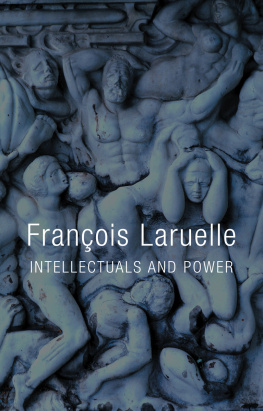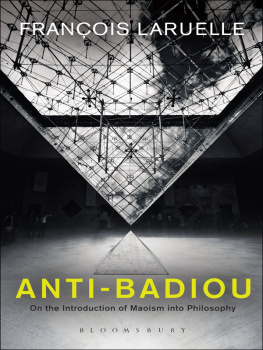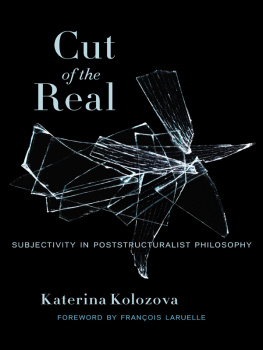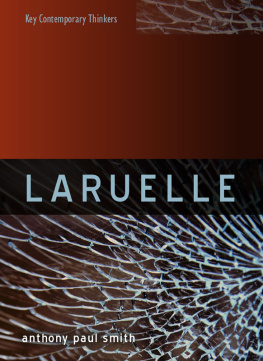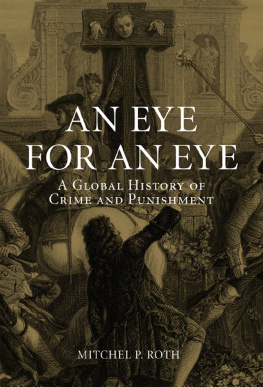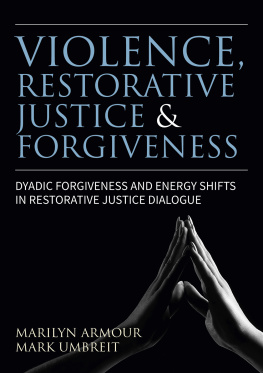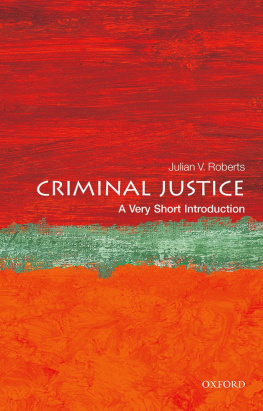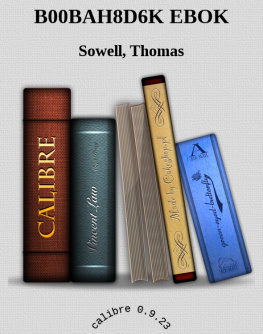Contents
Guide
Print Page Numbers

First published in French as Lultime honneur des intellectuels ditions Textuel, 2003. 13 Quai de Conti-75006 Paris. www.editionstextuel.com
This English edition Polity Press, 2015
Polity Press
65 Bridge Street
Cambridge CB2 1UR, UK
Polity Press
350 Main Street
Malden, MA 02148, USA
All rights reserved. Except for the quotation of short passages for the purpose of criticism and review, no part of this publication may be reproduced, stored in a retrieval system, or transmitted, in any form or by any means, electronic, mechanical, photocopying, recording or otherwise, without the prior permission of the publisher.
ISBN-13: 978-0-7456-8191-7
A catalogue record for this book is available from the British Library.
The publisher has used its best endeavors to ensure that the URLs for external websites referred to in this book are correct and active at the time of going to press. However, the publisher has no responsibility for the websites and can make no guarantee that a site will remain live or that the content is or will remain appropriate.
Every effort has been made to trace all copyright holders, but if any have been inadvertently overlooked the publisher will be pleased to include any necessary credits in any subsequent reprint or edition.
For further information on Polity, visit our website: politybooks.com
Translators preface
This translation was completed a few weeks after the Boston Marathon bombing in April of 2013. Watching the predictable parade of the usual personalities who pass for intellectuals on the 24hour news networks brought home and confirmed the basic thesis of Laruelles critique of intellectuals in this book: intellectuals, on both the right and left, do not concern themselves with victims, but only with transcendentals that are mediatized, turned into media-friendly concepts. These include classical philosophical transcendentals like justice, truth, the rights of man or human rights, fairness, justifiable violence, etc. In each case, viewers of either the American talking-head shows, whether on liberal MSNBC or conservative FOX, or British news shows like Newsnight will be familiar with the way intellectuals parade themselves before the cameras, spouting off in support of some stance based upon these transcendental abstractions. I am highlighting the transcendental nature of these abstractions precisely because Laruelles point is not to reject abstraction (though he prefers to speak of them as a singularity or one abstract), but to reject the transcendental illusion produced by these intellectuals before the cameras or on the op-ed pages of your daily newspaper. What Laruelle offers his readers here is a vision of intellectuals role in the light of the critical and constructive project of non-philosophy. One that seeks to escape from the inanities of the so-called intellectuals whose very subsistence is guaranteed by their taking some stand on any issue whatsoever and taking that stand on deadline! into a higher form of thinking, one that is ultimately human and thinks from the victim rather than according to these transcendental abstractions.
In this introduction I will not detail the various hypotheses as Laruelle describes his reflections here that he puts forward in the course of this conversation with Philippe Petit. Petits Interviewers Preface already sets up and offers a summary of the conversation that follows. This preface will be limited to introducing Petit and highlighting how this book, originally published in France in 2003, fits within the wider project of Laruelles non-philosophy.
Conducting the interview, as already mentioned, is Philippe Petit, who also is the general editor for the series Conversations pour demain [Conversations for Tomorrow] in which Lultime honneur des intellectuels [translated here as Intellectuals and Power] originally appeared. This series of books consists of interviews with important public intellectuals in France including thinkers who may be familiar to Anglophone readers, like Paul Virilio and Julia Kristeva. Bringing philosophers into conversation is a certain passion of Petit as this interview with Laruelle sits among Petits other book-length interviews with Bernard Stiegler and Jean Baudrillard. In these interviews Petit brings his training as a journalist together with his training in philosophy, in which he holds the French equivalent of a doctorate. The reader will see this on display as Petit challenges Laruelle to clarify his own non-philosophical concepts in the light of other philosophers ideas, and as he challenges Laruelle to make those concepts speak in the light of current events.
Intellectuals and Power follows on from themes begun in Laruelles Ethique de ltranger (2000) and his Future Christ: A Lesson in Heresy (2002/2010). Both of these texts touch on major issues in philosophical ethics, namely the lived reality of victims of crimes against humanity, the historical instance of the Shoah, as well as the problems of memory inherent in these sorts of massively destructive events. However, it is here in Intellectuals and Power that the problematic of victims emerges for the first time in Laruelles work. This is given its most sustained treatment in his General Theory of Victims, forthcoming with Polity in a translation by Jessie Hock and Alex Dubilet (original French edition published in 2012). But it is here that the theme of victims emerges in explicit reference to those who claim to be able to speak for them the intellectuals and whose failure to truly think from the victim, rather than simply about her, is revealed by Laruelle.
Non-Philosophy has always been concerned with the ethical and the political, with Laruelles earliest works (all of which remain untranslated at the time of this publication) explicitly developing concepts related to the political thematics of revolution, power, and the status of minorities. However, there is a marked difference between Laruelles engagement with ethics and politics and those of his contemporary Alain Badiou, who is a constant reference point in this interview. That difference is simply that Laruelle refuses to separate ethics and politics as Badiou insists upon doing. Laruelle discusses this difference here, but it reaches its fullest expression in his Anti-Badiou (translated into English by Robin Mackey for Bloomsbury). What Laruelle objects to in this separation is the way it serves to underline the supremacy of philosophy over the human, of saying that, in some sense, one should subject oneself to the master of politics instead of the master of ethics. For Laruelle, neither ethics nor politics should master the human, but rather both are simply material or tools for the human to use in the construction of a truly human or humane utopia. Thus his concern with politics has always sought to avoid the usual form of politics, always determined by whether it fits into a media-friendly narrative or already-existing politics which are recognizably liberal, leftist, or right-wing. While Laruelle is clearly aligned on the Left of the political spectrum, as can be seen in his emphasis on Marxism and a recognition that human beings require to have their means of subsistence safeguarded regardless of anything else, he is not satisfied with the scripted dialog of politics.
However, breaking that scripted dialog by demanding that intellectuals, philosophers, and theorists of all kinds turn to the victim is not some fetishization of victims that would turn them into a transcendent term that stops all conversation. But it is a recognition that these intellectuals and philosophy almost always turn away from the victim. The victim-in-person, as Laruelle calls her to highlight her real character, her lived or flesh-and-blood character, does not inspire philosophers and intellectuals in the same way that heroes, or brave resisters, or those who turn the tide and heroically vanquish their enemies, do. So, the victim becomes the unthought of philosophy, a stumbling block to its standard practice. She must then become a presupposed for any attempt to think ethics and politics anew, in defense of the human.

